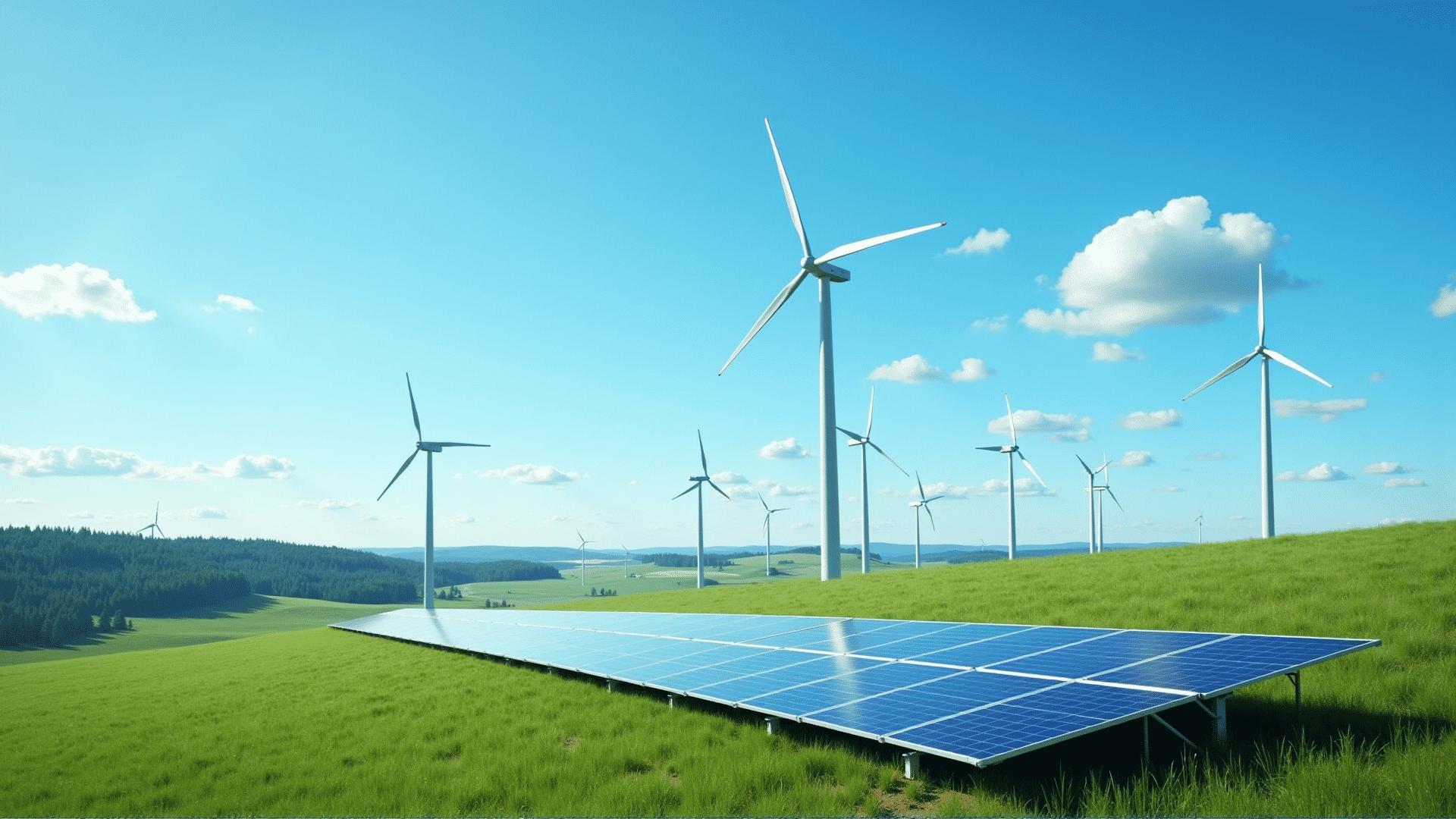In recent years, sustainability has emerged as a fundamental pillar in shaping a resilient future for economies around the globe. The intertwining of environmental, social, and governance (ESG) principles into economic planning is no longer a novel idea but a critical necessity. This approach not only ensures the well-being of our planet but also fosters an inclusive and flourishing society.
First and foremost, the integration of sustainable practices mitigates the risk of resource depletion. Our natural environment offers limited resources, and their unsustainable consumption can lead to scarcity and increased costs. By adopting sustainable resource management, economies can ensure the long-term availability of essential materials, promoting stability and resilience.
Moreover, sustainability in economics encourages innovation and technological advancement. The quest for sustainable solutions drives the development of new technologies that are more efficient and less harmful to the environment. Green energy sources, such as wind and solar power, are prime examples of how sustainability spurs technological growth while reducing dependency on fossil fuels.
Additionally, embracing sustainability enhances competitiveness and opens new markets. Companies that prioritize sustainable practices can attract conscientious consumers who prefer products and services that align with their values. This shift in consumer behavior encourages businesses to innovate and adapt, leading to stronger performance and expanded opportunities.
Socially, sustainability fosters inclusivity and equity, an often overlooked but vital aspect of economic resilience. Ensuring fair labor practices and equity in economic participation can reduce inequality and boost social cohesion. By promoting diverse perspectives and inclusive policies, sustainable economies can craft effective solutions that address the needs and aspirations of all citizens.
Furthermore, a focus on sustainability can bolster a nation’s adaptability to global challenges such as climate change. As extreme weather events and shifting climate patterns become more common, economies built on sustainable principles are better equipped to handle these disruptions. Resilient infrastructure and adaptive policies ensure that communities can withstand and recover from ecological and economic shocks.
Finally, governments and organizations that integrate sustainability into their core strategies often gain trust and legitimacy. Accountability and transparency are strengthened when entities prioritize ethical governance and environmentally conscious decisions, promoting a stable and trustworthy economic environment.
In conclusion, the integration of sustainability into economics is not merely a trend but an essential strategy for achieving long-term resilience and prosperity. By recognizing the interconnected nature of environmental stewardship, social inclusion, and economic advancement, societies can build a future that is not only resilient to the challenges of today but also thriving for generations to come.
